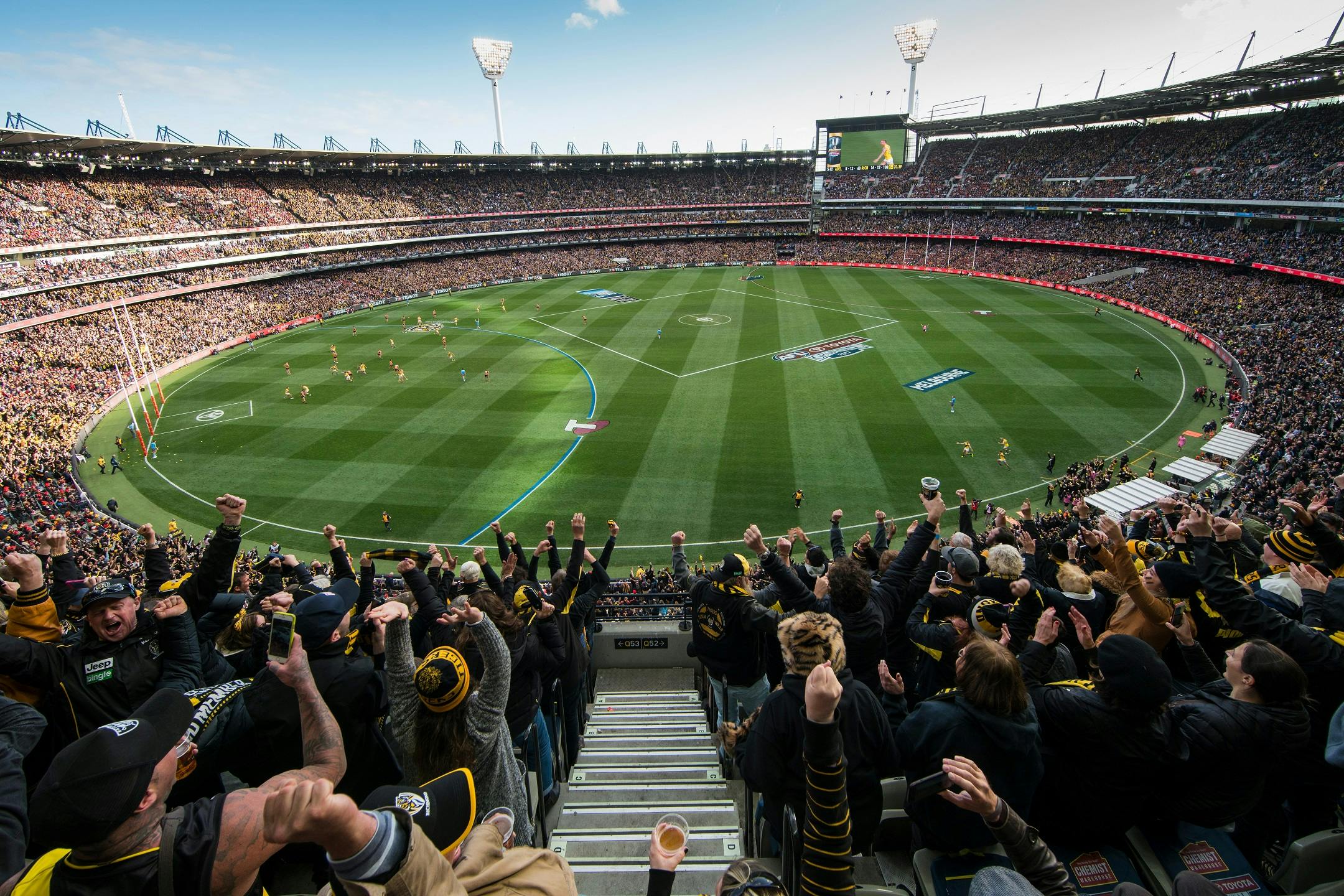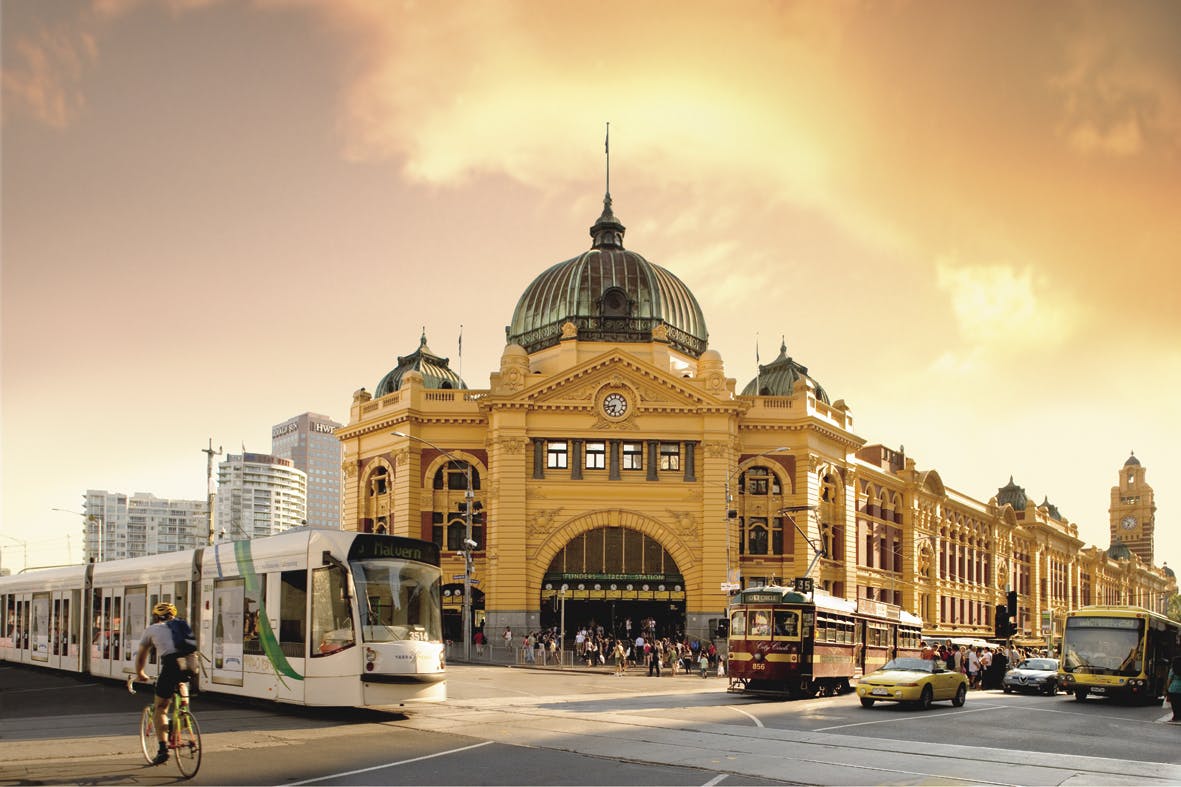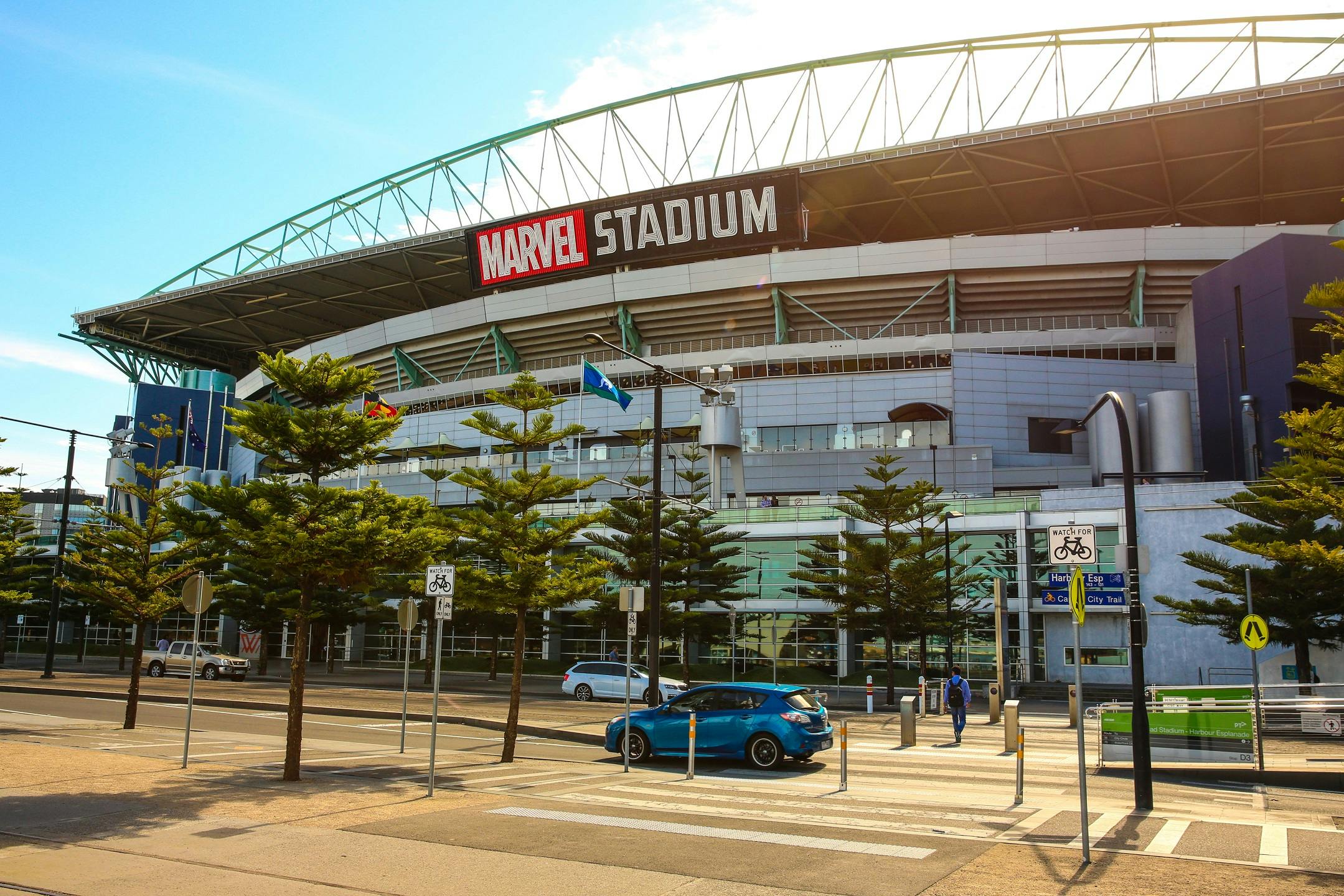Melbourne has an undisputed track record of delivering prestigious international sporting events.
At the SportBusiness Ultimate Sports City Awards 2018, Melbourne finished top of no fewer than three categories, with awards for the best large city, best venues and best event strategy.
However, the focus of Visit Victoria, the organisation responsible for directing the city’s enviable schedule, is not to be reflective, but rather proactive in attracting “best-of-the-best” events as Melbourne seeks to build on its glorious past with an exciting future.
Reputation
Melbourne’s global reputation has been established by a string of acclaimed international events, with recurring annual spectacles such as the Australian Open Tennis Championships and the Formula One Australian Grand Prix keeping the city’s name firmly under the international sporting spotlight 13 years after the 2006 Commonwealth Games came to town.
However, a closer look at Melbourne’s annual calendar reveals a year-round appetite for major events that has positioned the city as the primary destination for a multitude of domestic and international sporting showcases.
This year alone, the Cadel Evans Great Ocean Road Race, Festival of Sails, cycling’s Jayco Herald Sun Tour, Six-Day Cycling, the FIM World Superbikes Championship, World Cup Gymnastics, surfing’s Rip Curl Pro, basketball’s Australian Boomers v USA Dream Team, Australian Motorcycle Grand Prix, UFC 243, golf’s Presidents Cup and cricket’s Boxing Day Test are just some of the high-profile occasions that have sprouted up on the schedule.
There are also significant domestic sporting occasions, such as horseracing’s Caulfield Cup, Cox Plate and the Melbourne Cup Carnival, while the AFL Finals Series and AFL Grand Final every September always bring the cavernous 100,000-capacity Melbourne Cricket Ground (MCG) to the attention of Australian rules football fans.
Infrastructure
At the heart of Visit Victoria’s event-hosting strategy is to leverage Melbourne’s appeal as a host city, for the rights-holder, international federation, visiting spectators, media members, officials and athletes, as well as the local population and business community.
With the Economist Intelligence Unit having ranked Melbourne in the top two most liveable cities in the world for each of the past nine years, the city offers an inviting backdrop for major events, and the MCG is just one of six international-standard sporting venues within easy walking distance of the centre.
Marvel Stadium, with a retractable roof and 55,000 seats, is home to eight teams from a variety of sports, while Melbourne & Olympic Parks offers facilities such as the 30,050-capacity AAMI Park, 15,000-seat Rod Laver Arena, 10,500-capacity Hisense Arena and 7,500-capacity Margaret Court Arena.
Flemington Racecourse, which can hold 120,000 spectators, 36,000-capacity Simonds Stadium and Lakeside Athletics Stadium, which is able to host 11,000 fans, are a short drive away, while the nearby State Netball & Hockey Centre, Melbourne Convention Centre, Melbourne Sports & Aquatic Centre, State Basketball Centre and National Ice Sports Centre have capacities ranging from 1,500 to 8,000.
When it is also considered that Melbourne is home to one of the world’s greatest golfing regions – the Melbourne Sandbelt – which features a cluster of eight of the best courses in Australia just 20 minutes from the city, it is clear to see why the city’s reputation as a sporting hot-bed is unrivalled.

Culture
With the city and its multitude of facilities setting the stage for a diverse sporting portfolio, Visit Victoria has been keen to amplify the cultural attractions that keep visitors entertained and engaged away from the action on the pitch or in the arena.
So far this year the city has already hosted the Virgin Australia Melbourne Fashion Festival, Melbourne Food & Wine Festival, Melbourne International Comedy Festival, Melbourne Winter Masterpieces art exhibition at the National Gallery of Victoria, White Night Melbourne, Melbourne International Film Festival, Melbourne Writer’s Festival, Melbourne Fringe Festival and Melbourne Fashion Week.
This is complemented by an array of live performance, from Harry Potter and the Cursed Child and Come From Away in the East End Theatre District to more than 73,000 music gigs each year across the most live music venues per capita of any city in the world.
The packed calendar of sporting and cultural events underpins a clear hosting strategy set out by Visit Victoria, which was established to grow Victoria’s visitor economy through tourism marketing and major event acquisition following the amalgamation of the Victorian Major Events Company, Tourism Victoria and the Melbourne Convention Bureau.
 Appetite
Appetite
The local appetite for major events in Melbourne is beyond doubt. With the city having already set several attendance benchmarks at major events, the ICC Women’s T20 World Cup 2020 final on March 8 at the MCG is expected to set a new world record for a women’s sporting occasion, with more than 90,000 spectators set to turn out for a contest taking place on International Women’s Day.
With 11 million visitors annually and a sport-obsessed population of more than four million in Melbourne alone representing over 200 nationalities, it is easy to see why event owners increasingly view the city as a commercially appealing proposition.
“Sport is Melbourne’s passion,” Visit Victoria chief executive Peter Bingeman says.
“For rights-holders, a partnership here means accessing the world’s best venues, access to a dedicated marketing and communications team that assist in promoting your event, an experienced and integrated events network, a proven track record of delivering successful events and genuine enthusiasm for sport unlike anywhere else.
“To see a whole city come alive, as Melbourne does for a major event, makes you appreciate why this is one of the world’s great sporting destinations.”
